Because of the crisis, 250 journalists have changed careers, according to the Sudanese Journalists Association. Another 250 journalists have recently become unemployed. Experts fear that if the situation continues, journalism in Sudan will disappear.
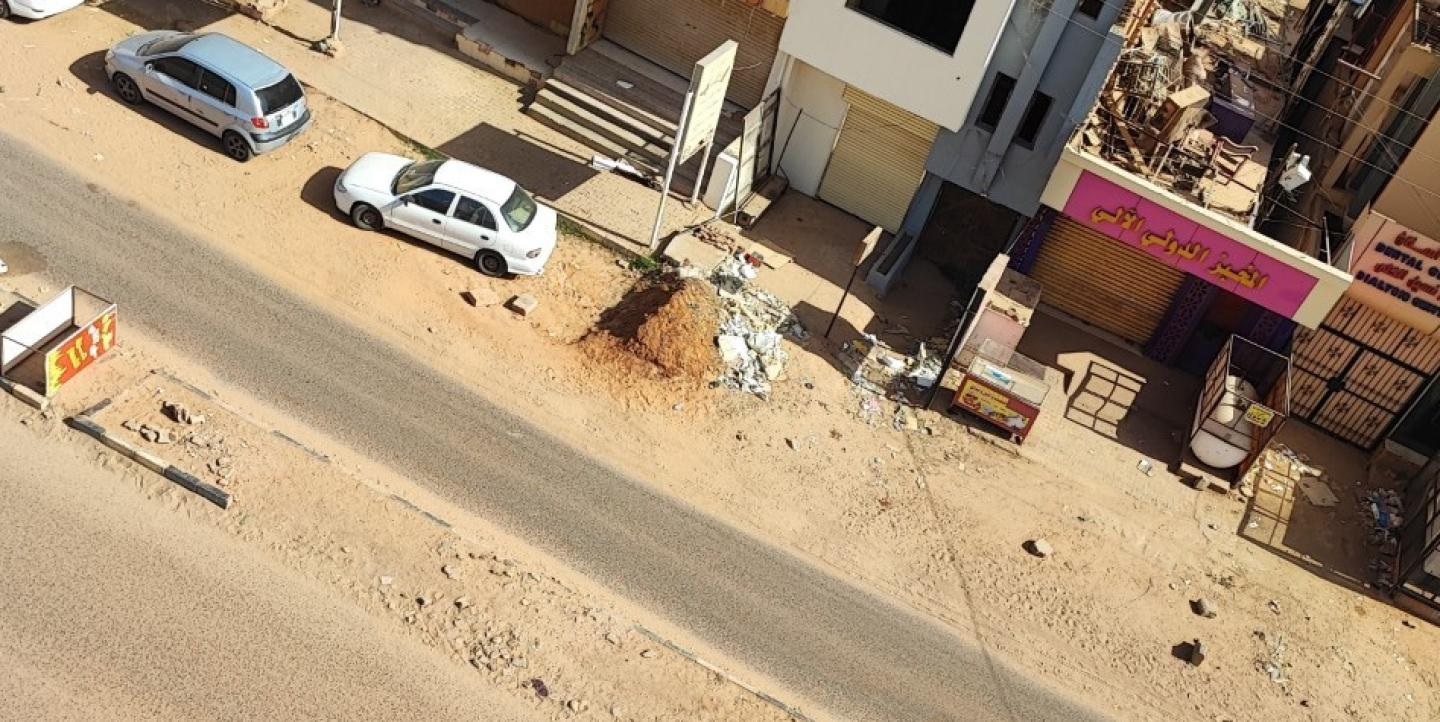
Reporting on the war in Sudan is a very dangerous job. Photo: IJNET
The dangers of reporting
In late April, the Sudanese Journalists Association reported that Sudanese armed forces had assaulted an international reporter in Khartoum. Several journalists were also trapped in their offices due to the armed conflict.
Eman Kamal El-Din, a journalist with Sudan Press, said the newspaper’s offices in central Khartoum were also bombed. “Several journalists were attacked and harassed while covering the clashes,” she said.
Journalist Iman said she spent the first days of the armed conflict in a besieged area near an RSF camp in the city of Bahri, north of Khartoum.
“With no electricity and no water in the area, I couldn’t have a normal day,” the journalist said. “We were caught between the risk and the determination to report as much as possible. During the clashes, I broke the news for the newspaper I worked for about the fighting, the planes and the heavy artillery.”
The hauntings of work
“It is difficult to see the destruction and dead bodies on the streets while covering the story,” said Salem Al-Hashemi, a Sudanese journalist and correspondent for Al-Arabiya in Khartoum. “Both sides are not happy with our news and information. This is a worrying situation for journalists…”
Journalists’ reporting, especially in areas of armed conflict, can be life-threatening. Al-Hashemi himself has received death threats.
“I take these threats seriously and have reported them to the authorities. I have to do my job... in conditions where there are no laws or commitments from either side to protect journalists, and it is very difficult to conduct interviews or take notes,” the journalist said.
The first three days of clashes were particularly difficult, Al-Hashemi noted, as they occurred around the end of Ramadan. “The destruction and dead bodies on the streets were horrifying, and I could only rest for an hour a day,” he said.
Notes when reporting on war
According to veteran journalists covering war in general and in Sudan in particular, journalists should be well prepared on the ground. They should assess the danger in advance, consider potential risks and plan to respond to them.
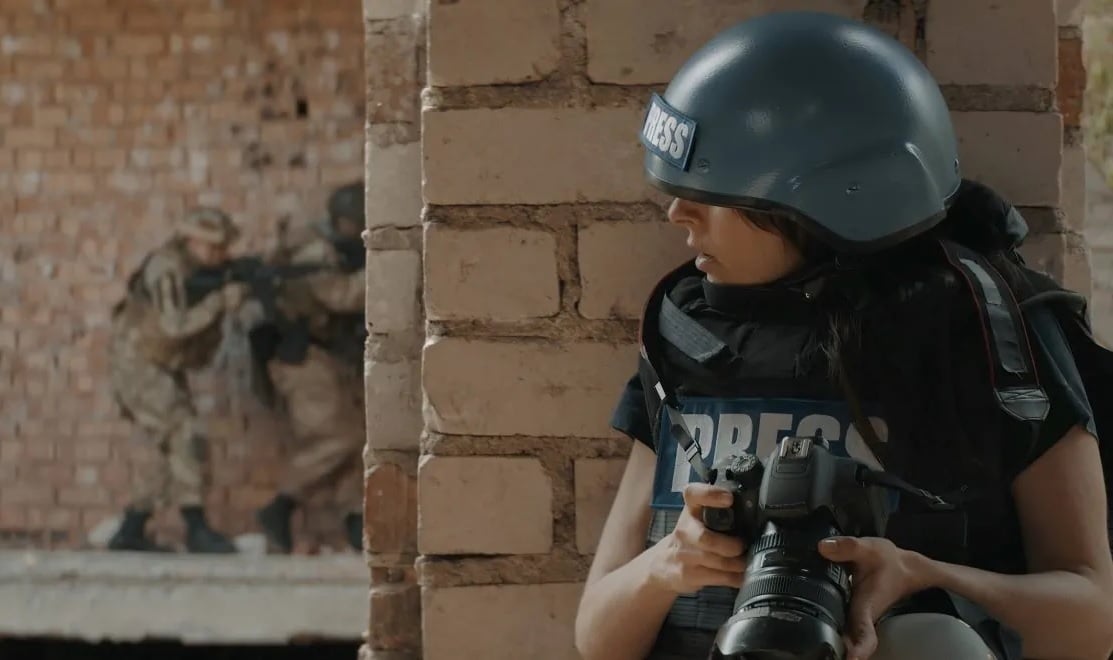
Safety is important. Journalists should use secure communication apps to protect their personal data. Prepare secure equipment and carry a first aid kit.
It is also important to take breaks and prioritize your mental health. Working in dangerous environments, in difficult conditions and for long hours can have a negative impact on a reporter’s mental and physical health.
UNESCO has also developed an essential safety guide for journalists working in dangerous environments. The International Federation of Journalists' Safety Fund provides financial support to journalists working in conflict zones, including in Sudan.
There is also much other support available for war journalists around the world .
Hoang Hai (according to IJNET)
Source


![[Photo] General Secretary To Lam works with the Central Policy and Strategy Committee](https://vphoto.vietnam.vn/thumb/1200x675/vietnam/resource/IMAGE/2025/5/28/7b31a656d8a148d4b7e7ca66463a6894)
![[Photo] Vietnamese and Hungarian leaders attend the opening of the exhibition by photographer Bozoky Dezso](https://vphoto.vietnam.vn/thumb/1200x675/vietnam/resource/IMAGE/2025/5/28/b478be84f13042aebc74e077c4756e4b)
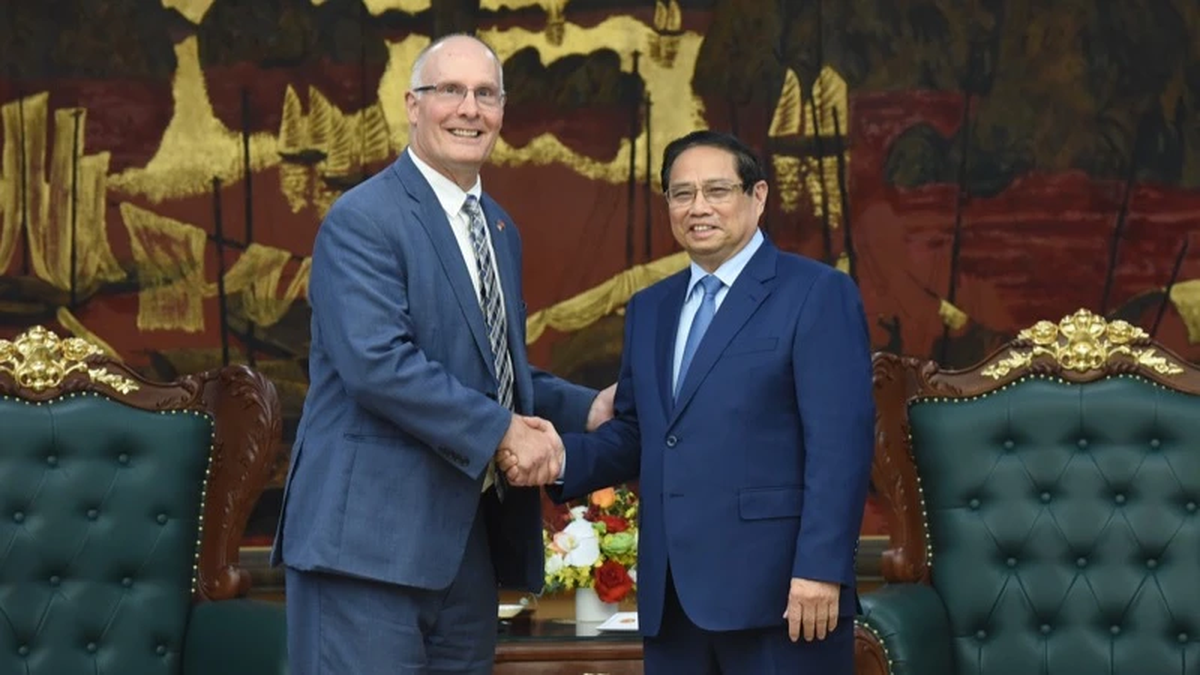
![[Photo] 12th grade students say goodbye at the closing ceremony, preparing to embark on a new journey](https://vphoto.vietnam.vn/thumb/1200x675/vietnam/resource/IMAGE/2025/5/28/42ac3d300d214e7b8db4a03feeed3f6a)
![[Photo] Prime Minister Pham Minh Chinh receives a bipartisan delegation of US House of Representatives](https://vphoto.vietnam.vn/thumb/1200x675/vietnam/resource/IMAGE/2025/5/28/468e61546b664d3f98dc75f6a3c2c880)

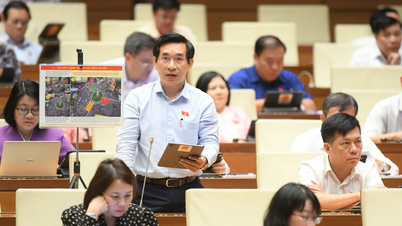




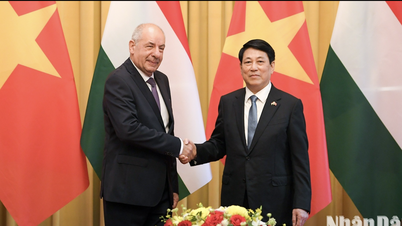

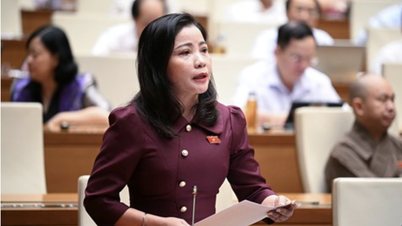



























































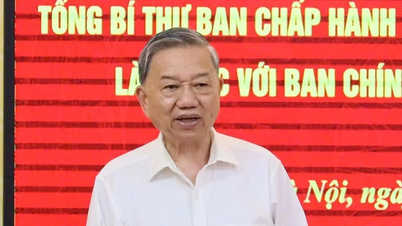


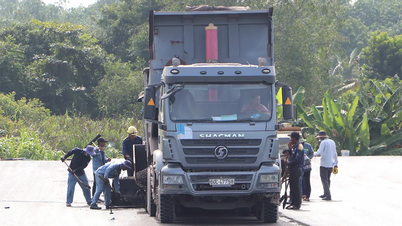

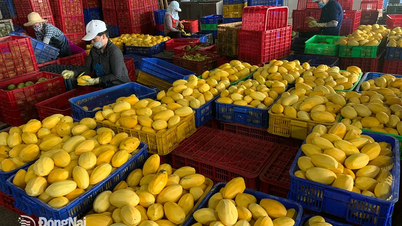
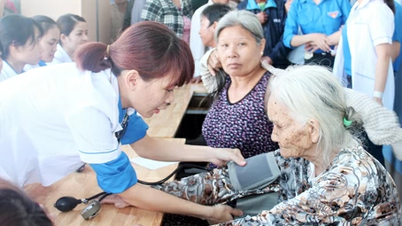
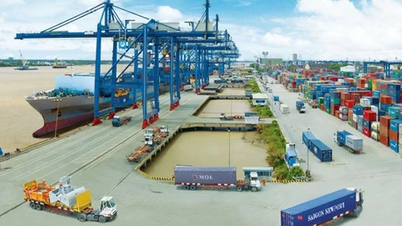








Comment (0)